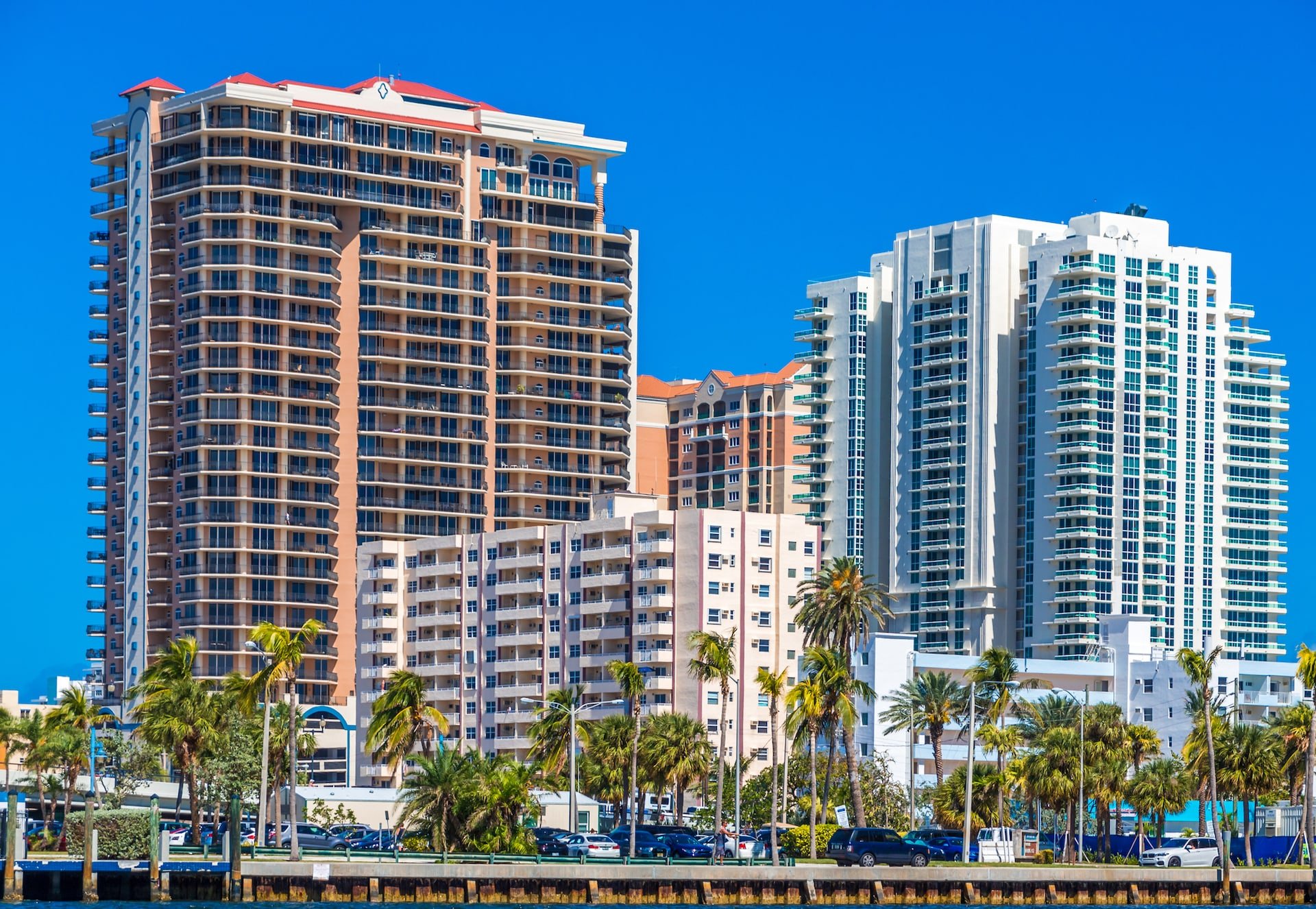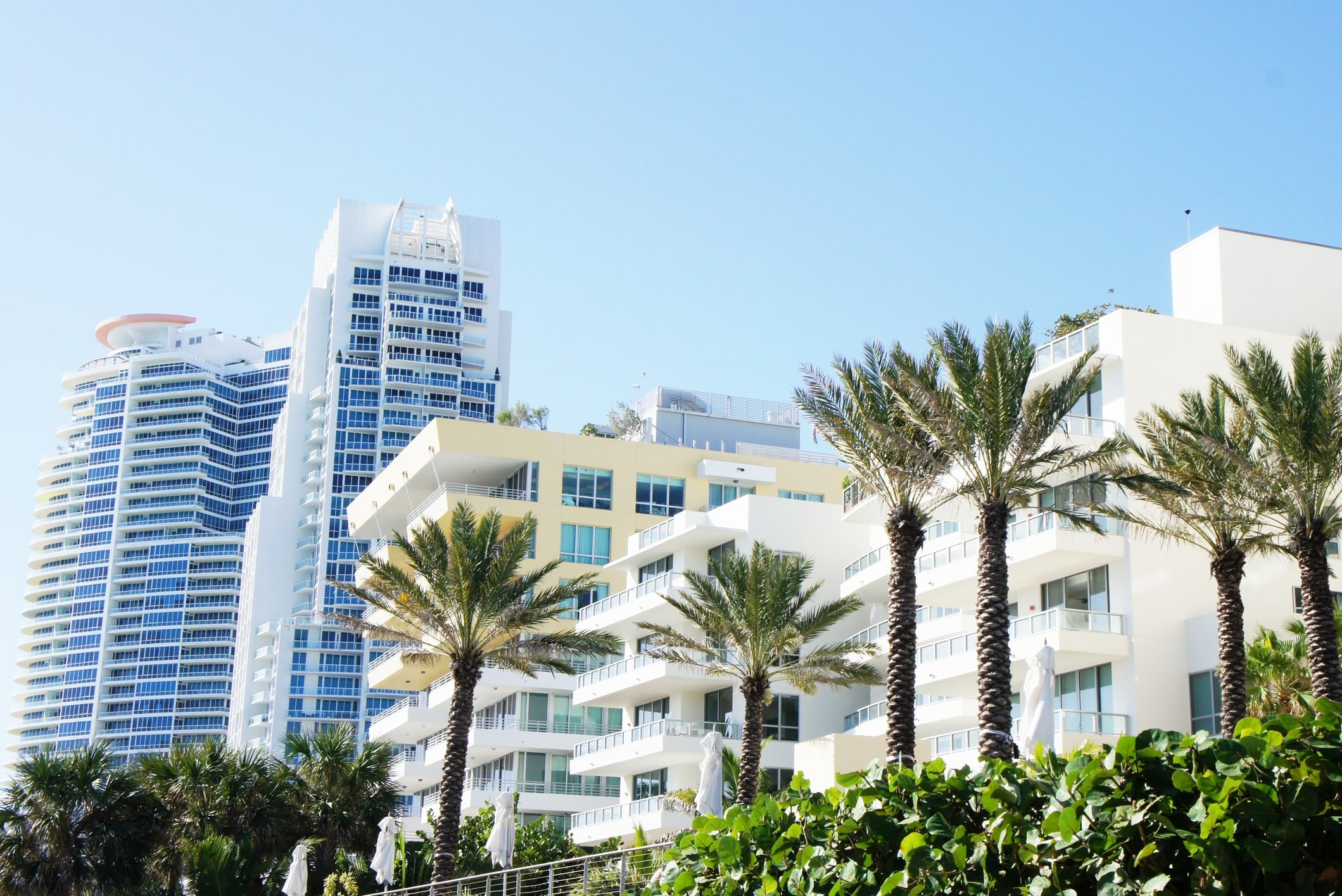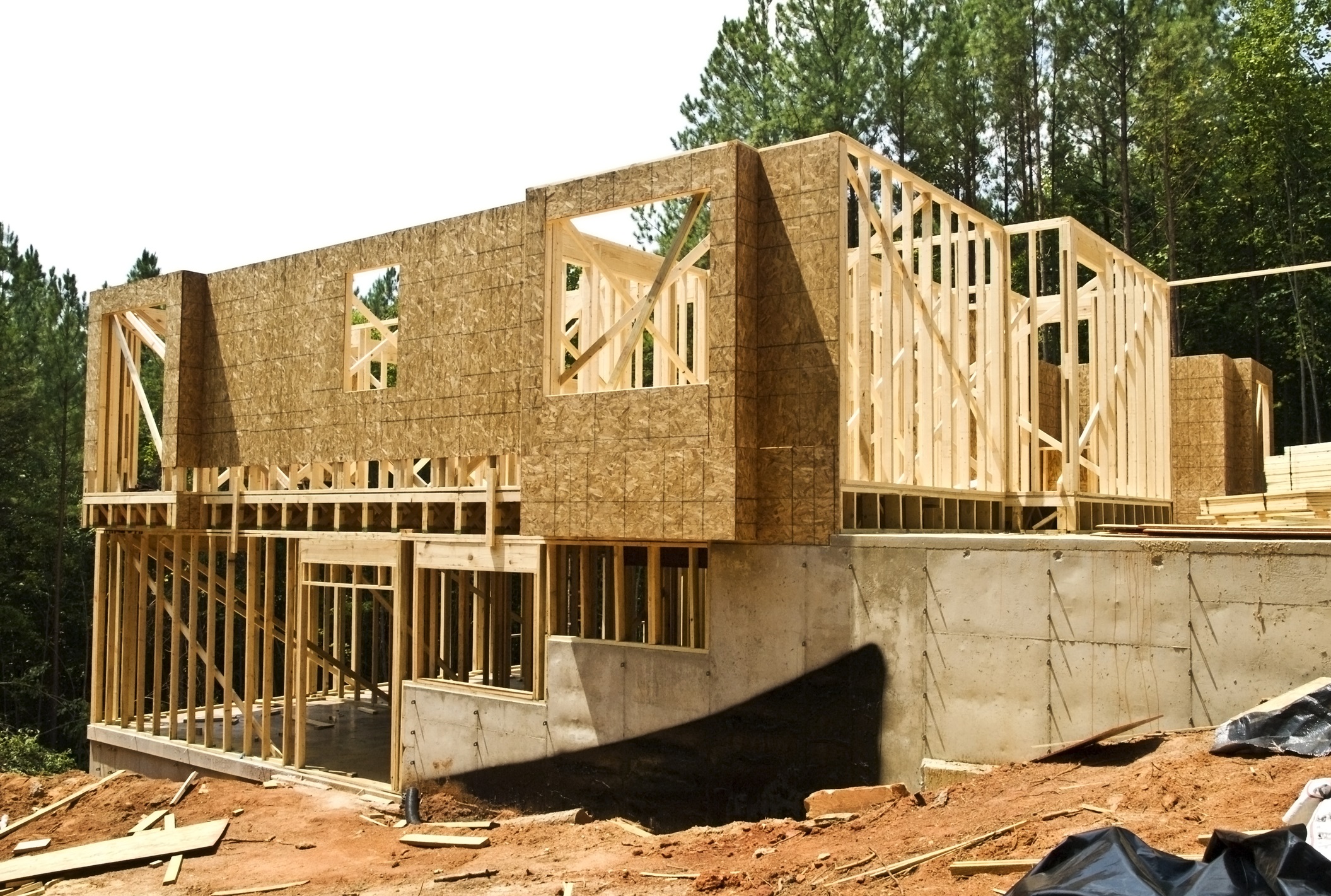Exit Strategies for Foreign National Hard Money Loans
You're a foreign national searching for a hard money loan to purchase U.S. property. Before you get any further, you need to work through multiple...
1 min read
 Ted Spradlin
:
Jun 16, 2023 11:00:18 AM
Ted Spradlin
:
Jun 16, 2023 11:00:18 AM

There are several pros and cons to consider before seeking a foreign national hard money loan to acquire or refinance a property in the United States. This blog post will quickly cover the benefits and negatives of private money that I've experienced over my past 10 years as a mortgage broker working with foreign national hard money loans.
Let’s dive in!
Above are the most common pros and cons our non-resident borrowers encounter when considering foreign national hard money loans. At FCTD, we work closely with our borrowers to ensure they understand what a foreign national hard money loan will mean, and if it's the right solution for them.

You're a foreign national searching for a hard money loan to purchase U.S. property. Before you get any further, you need to work through multiple...

In this article, I'll delve into the pros and cons of foreign national loans. These loans offer great benefits for non-U.S. citizens investing in...

With a stage funding construction loan, the borrower only pays interest on the amount of money already disbursed. This means the borrower doesn't pay...